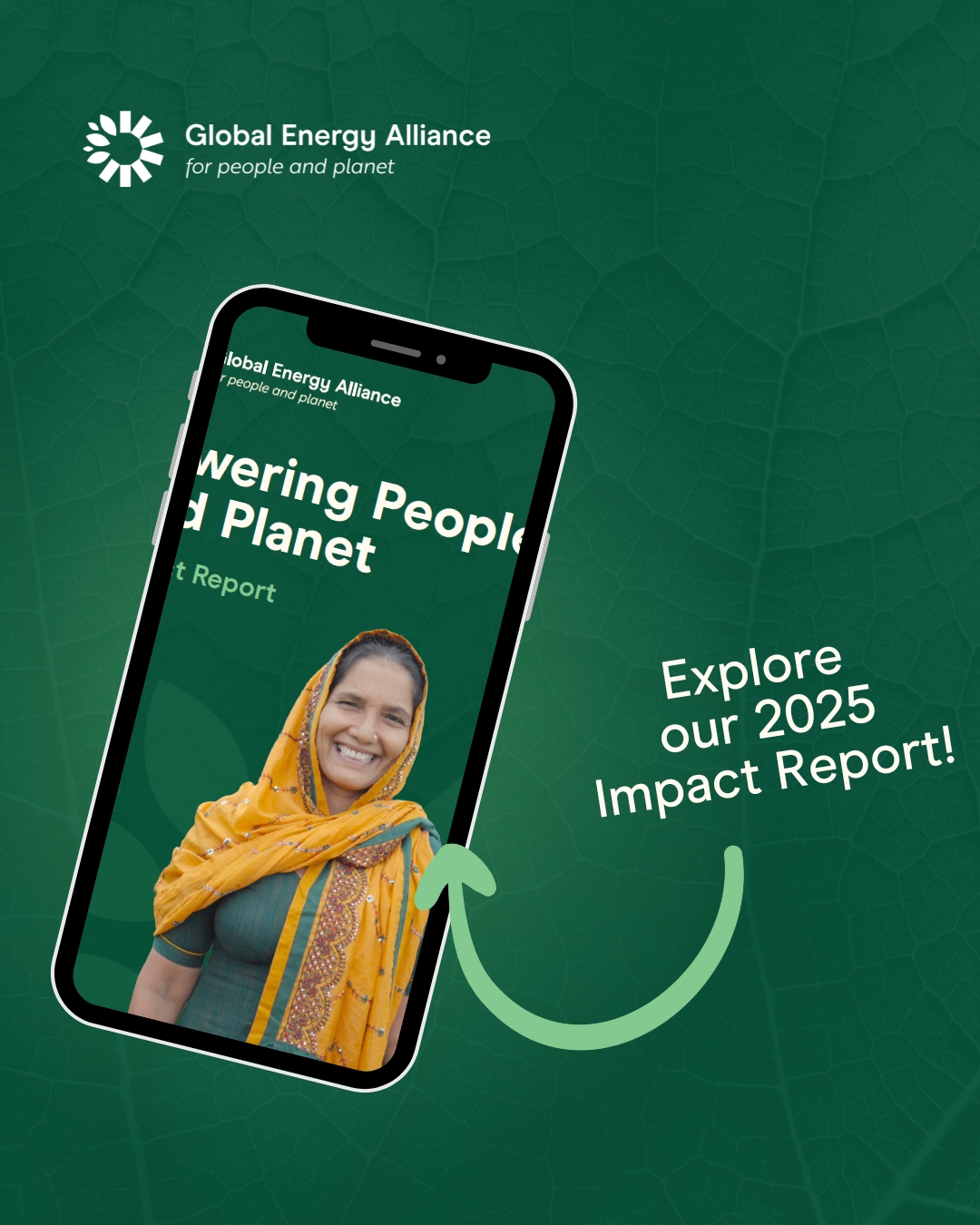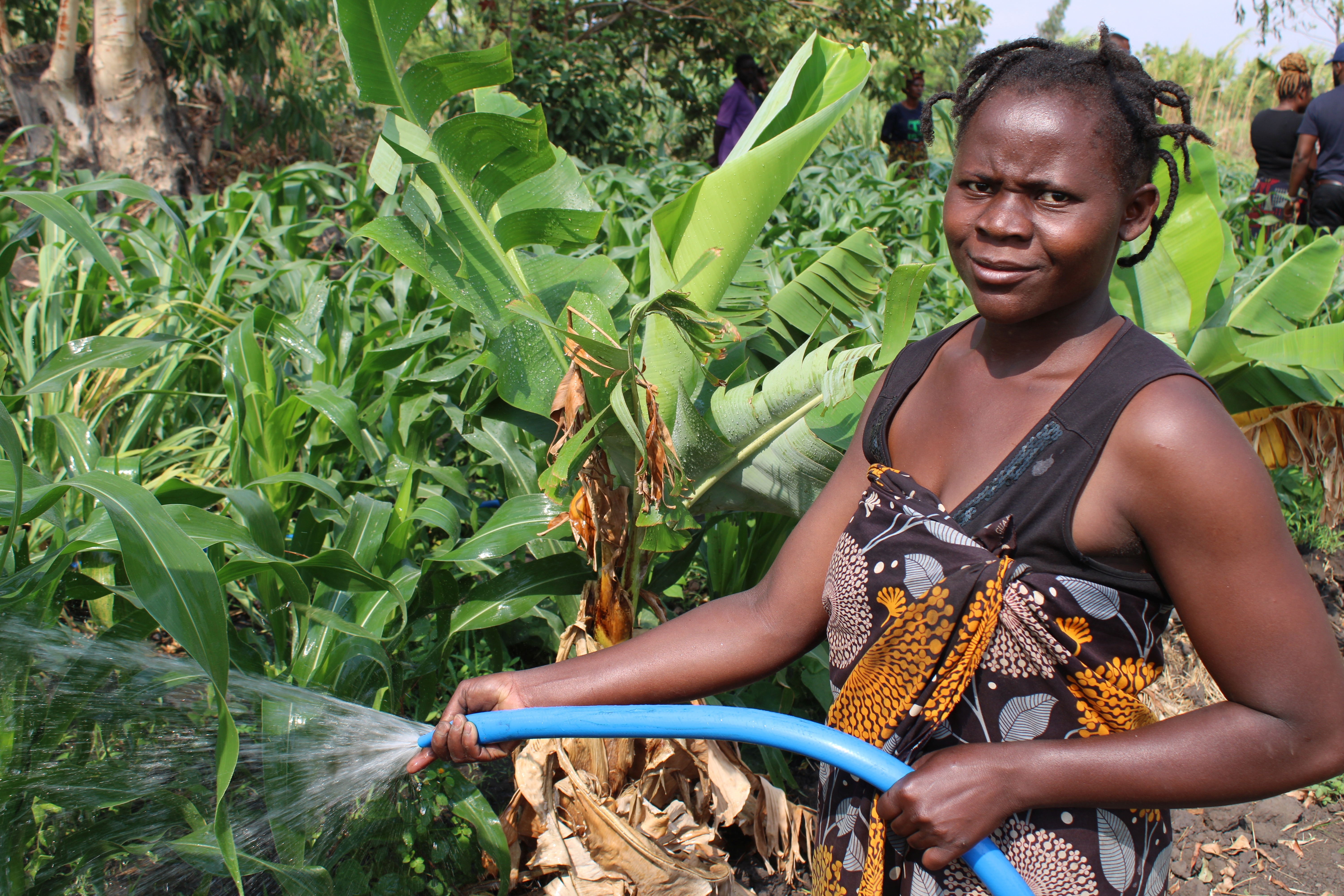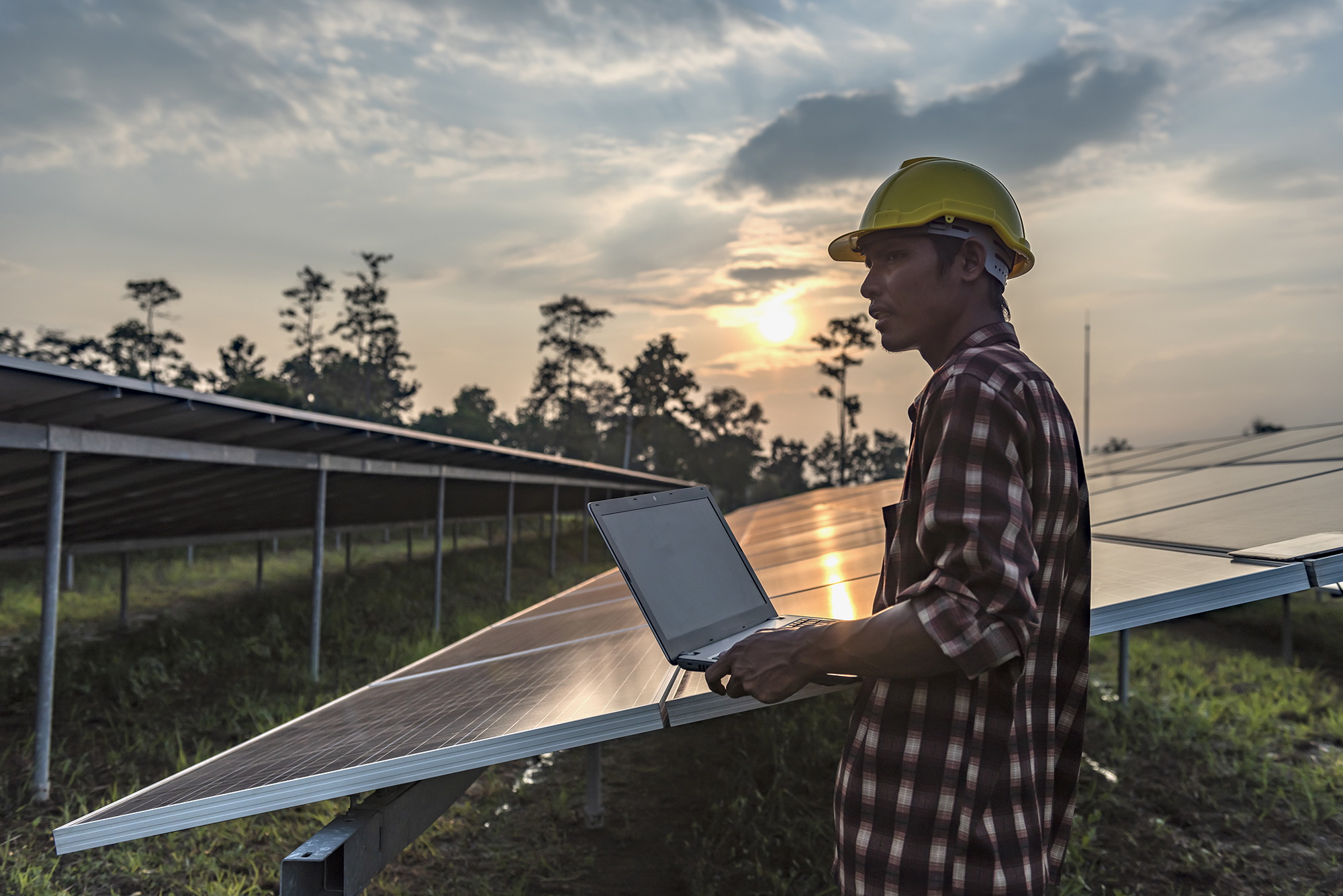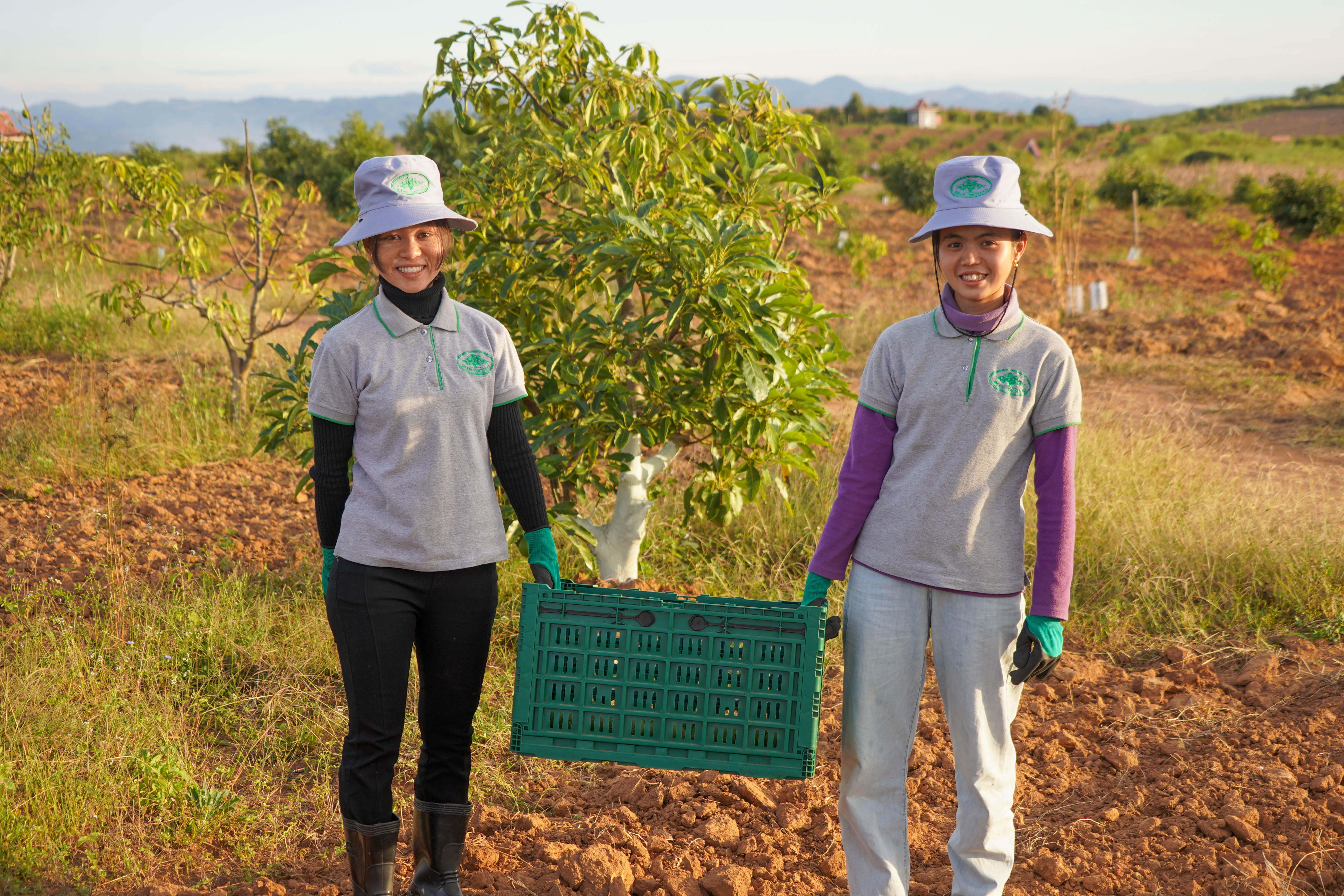After ditching diesel for solar, one woman watches her business and community thrive

Renu Patel has always been in the business of transformation.
The co-owner and operator of a grain mill in the small agricultural village of Budhipur in northern India, Renu turns her neighbor’s grain into flour for their kitchens.
Now, thanks to rooftop solar, she has transformed her once diesel-dependent mill into a cleaner, more efficient and more profitable business — a transformation that allows her to invest more time and money in her family.
“There is a visible difference in our earnings,” says Renu. Diesel is no longer an expense. “So a lot of money is saved from that for the household.”
With energy cheaper and more efficient, Renu can run the mill for longer, almost doubling her output and reducing costs by 25%. Renu and her husband are using the extra profits to pay for their children’s education.
She has also found a new level of independence: the mill now turns on with the press of a button, instead of cranking a diesel generator to life so she is able to operate it single-handedly.
“I had never imagined I could run the mill on my own,” says Renu. “But after we got the solar panels, it has made a huge difference and we are able to do our jobs easily. We have also used the freed up storage space to install another machine to further increase the produce.”
Renu’s customer base has also swelled to nearly 100 people, drawn by the fact she has passed a portion of her savings on to customers.
And the community at large has also benefited from the installation of solar panels, with improved air quality.
“There used to be a lot of pollution in the surroundings due to the smoke emitted by diesel,” says Patel. “But these solar panels won’t generate any pollution, so people around us will stay healthy too.”
India, the most populous country on Earth, has set the ambitious goal of meeting half of its ever-growing energy demands with renewable energy by 2030.
Our Alliance works in close partnership with national, state and local governments to power the country’s rapid economic growth with clean energy. Our focus is on projects that both reduce carbon emissions and improve lives.
Through the rooftop solar program, we have equipped more than 1,200 businesses with clean power since 2022. By the end of 2025, the goal is to reach 10,000. By the end of the decade, we aim to improve electricity access for 80 million people, create or improve 2.5 million jobs and avoid 13.5 million tons of carbon emissions.
“I would recommend people to install solar panels,” says Budhipur village representative Jai Bahadur Patel. “If every person here starts working towards sustainable development, and creating employment, then our people won’t have to go to other states looking for jobs. They can have their own businesses here.”
***
This project was supported in partnership with State Bank of India.



